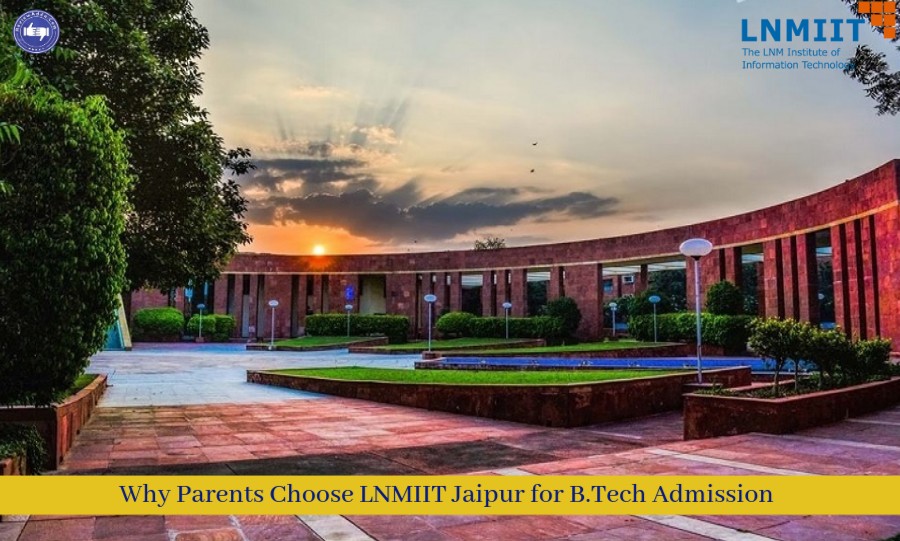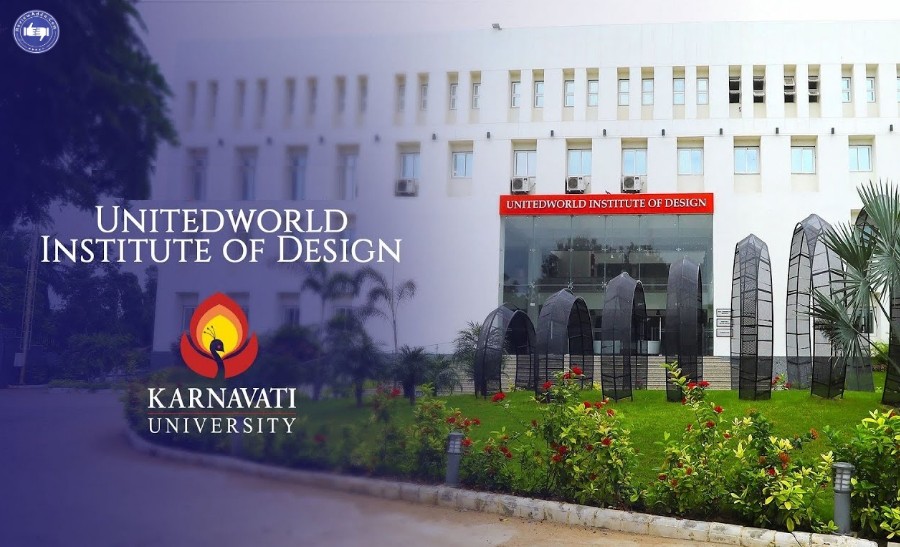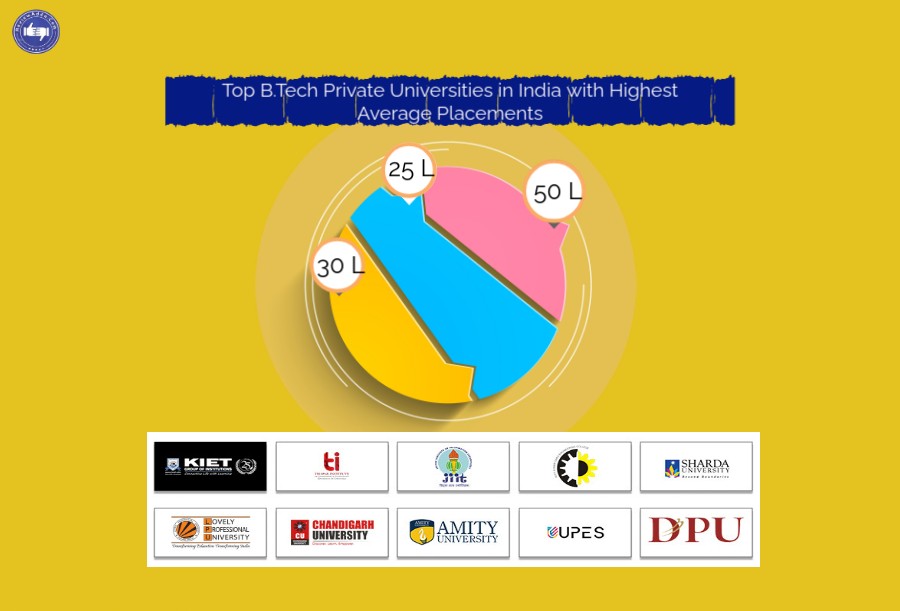What is DASA Admission Quota?
Introduction:
The word ‘Indian diaspora’ represents the millions of people who have roots in India and are living in different parts of the world and have played a great role in making India have a strong presence globally. The Indian government has come up with many programs such as the DASA (Direct Admission of Students Abroad) admission quota to make the diaspora connection highlighted and strengthened. This blog will discuss the mechanisms of DASA, its goals, eligibility criteria, as well as highlight the benefits these students will receive.
Understanding DASA:
DASA, or Direct Admission of Students Abroad scheme, is the government of India's plan to help with the enrollment of Indian diaspora children into different undergraduate programs at different Indian institutions. The scheme is specially designed for the Indian families living abroad and acknowledge the dissimilarities like language barriers, culture differences, and unavailability of Indian educational resources.
The quota in DASA admission is meant to be a distinct and convenient process for eligible students, providing them a better chance of getting an admission in the reputed institutions in India without having to contest through the competitive and tough entrance exams as required by Indian students who reside in India.
Latest Update & Changes
The Indian Ministry of Education informed about DASA Scheme that is effective from the year 2022-23. The embassy announced the following changes:The embassy announced the following changes:
-
DASA has set aside 15% of seats in NITs, IIITs, and centrally funded engineering and technology sectors for foreign students.
- The admission into undergraduate courses will be awarded to the ranking students in JEE-Main exam conducted by NTA.
- Application fee charged from undergraduates is $300, and tuition fee is $8,000, but the children of Indian workers in the Gulf can pay right to education fee which is Rs.1,25,000 per year.
- Students from SAARC member states are exempted from paying 50% of the total tuition fees if they have passed JEE-Main selection test conducted in their specific countries.
- Further studies are open to foreign nationals, Persons of Indian Origin (PIO), children of Indian nationals and people of Indian origin (OCI) having done an equivalent prior level of qualification.
- 300 GRE (verbal + quantitative) scores or scores of 480 in GMAT are needed, for M.Tech./M.Arch./M.Plan./M.Des. and MBA programs, respectively.
- At least two years post-secondary education abroad and valid JEE-Main scores are prerequisites for Indian nationals to apply for higher education in the US.
- DASA provides an opportunity for foreign nationals as well as PIOs, OCIs, and NRIs to acquire technical education in India, except IITs.
We are now going to discuss the…
Eligibility Criteria:
To be eligible for the DASA admission quota, students must meet the following criteria:To apply for admission under DASA, a candidate needs to meet the below mentioned standards:
-
Nationality: A nationality of any state except Pakistan, Bangladesh, Nepal, Sri Lanka, Bhutan or Afghanistan shall be applicable to a candidate or PIO card holder or an OCI.
- Parent's Residency: The candidate should have at least one of his/her parent(s) as a resident of a foreign country other than Pakistan, Bangladesh, Nepal, Sri Lanka, Bhutan or Afghanistan, with an exception that the residence in the foreign country must be for a period of three years at the time of applying; this exception does not apply to candidates of countries like Pakistan, Bangladesh, Nepal, Sri Lanka, Bhutan.
The DASA (Direct Admission of Students Abroad) system opens foreign citizens as well as Indians living abroad the possibility to join any UG and PG course. One needs to fulfill the necessary requirement for each program, and therefore, be familiar with what are the requirements for each category.
UG Program Eligibility
Age Requirement:
-
On or after October 01, 1998, those who were born can be on the electoral roll.
- Being in need of an age certificate issued from any form of official document is mandatory.
Residential Requirement:
- NRIs, PIOs and OCIs regardless of the countries of origin including India will be eligible if they fulfill the prescribed conditions.
Academic Qualification:
-
Satisfying the mandated eligibility criteria, viz; passing of 10+2 or its equivalent from a board approved by the AIU.
- Compulsory subjects in 11th or 12th: Maths, Physics, and Chemistry, specialization on Biology or Computer Science, or Biotechnology.
- According to the JEE (Main) standards, it is necessary to have a valid rank.
PG Program Eligibility
Age Requirement:
- Students can participate in the PG programs irrespective of their age.
Residential Requirement:
-
Candidate should be non-residential Indian, PersonOfIndianOrigin, or Overseas Citizen of India.
- Finishing the UG program of any country, Notably India, is an essential pre requisite.
Academic Qualification:
-
For M.Tech./ M.Arch./ M.Plan./ M.Des.: Clearing of the Engineering/ technology 4/5 year UG course or any equivalent in the discipline.
- For MBA: Minimum of 60% marks or 6.50 CGPA in the UG degree of an approved Institute/ University duly recognized.
Additional Requirements:
-
M.Tech./ M.Arch./ M.Plan./ M.Des.: The requirement is a minimum of the General Test GRE Revised Score of 300 (Verbal and Quantitative), which is equivalent to 1200 SAT Scores.
- MBA: A minimum GMAT score of 480, equal to the 10th percentile.
- This eligibility criteria is essential for candidates interested in applying for the DASA exam and also gaining admission into undergraduate and postgraduate courses.
However, it should be emphasizing that the eligibility criteria may be slightly different for different institutions and programs therefore, the applicant should be careful considering a particular instructions given by the institution they hope to apply to.
Participating Institutions and Programs:
As per the policy of the Department of Atomic Energy (DAE), this quota is provided in every U G course in all the Institutes of the Country. Some of the prominent institutions that participate in the DASA scheme include:Some of the major organizations that adhere to the DASA system are:
-
The Indian Institute of Technology (IIT)
- National Institutes of Technology (NITs)
- CFTIs Centrally Funded Technical Institutions (CFTIs)
- National Institutions (NIs)
- State Universities and Colleges
Wide range of programs are offered according to the demand of future education. They, includes engineering, technology, architecture, pharmacy, management, and science etc. Every institution decides on the number of seats provided for DASA admissions on a college basis.
Application Process:
The DASA application process mostly goes through the centralized online mode that is electronically managed by the MoE – the Government of India. The application period is normally open in the first half of the year and applicants should hand their applications in together with the rest of the documents and also the application fees.
The application process involves several steps:The application process involves several steps:
-
Registration: Applicants have to open their account and enter academic and personal information on the DASA portal.
- Choice Filling: The applicants are given an opportunity to choose the institutions of their choice as well as programs, indicating their weaknesses and strengths when it comes to choosing.
-
Document Submission: Aplicants must upload the necessary documens, such as passport copies, academic transcripts, parent's residency proof, and other supporting documens to complete a new application.
- Payment of Application Fees: The application fees come in the form of payments that the candidates are supposed to pay. The charges may vary depending on the number of choices and the institution.
- Merit List and Seat Allocation: Academic records are used as well as the availability of places to form a shortlist, and places are offered to successful candidates.
- Admission Process: The individuals who are successful are notified and they are necessitated to complete the admission process by confirming their seat and submitting any other documents as may be required by the respective institution.
How to Apply for DASA UG 2024?
Steps to apply online for DASA UG admission:
-
Open DASA NIT website and click on "Enter" below the "Application for UG Programme in Engineering/Architecture/Planning".
- Read the eligibility criteria and click on "I Agree".
- Under User Login (UG), Click on "Register here".
- The petitioner has to key in JEE 2024 (Main) Application Number and Date of their birth (They will be provided with a web link on email ID registered with JEE Main to complete their registration). The use of JEE Mains application number as username has been decided.
- It is time to open your email-id, click on the link offered in "Registration for DAS 2024 is now complete".
- Complete the Sign up process by entering a password and click on "Save".
- Keep the Applicant ID and password as a reference for the future login process (like for application completion, application status etc.).
- Click on "Proceed to Login".
- Log in using your email ID and password.
- Become comprehending the guidelines and directions for filling the on line application form.
- Go to the "Next" button and proceed to filling in the application form online.
Documents Required for Applying in DASA Scheme
The documents that will be uploaded(scanned forms) during the online application of DASA.
-
The passport of an applicant (Nepali nationals who do not have a passport, copy of citizen card authenticated by authority has to be submitted).
- Attached with the application for admission are copies of birth date proofs (Certificate of Secondary Education Board/ Certificate of University Enrollment [Class 10 or equivalent] or any other Government authorities’ certificate).
- Application form for the HSC, with photocopy/scanned copies of Grade 10, 11 and 12 Theory or Practical/equivalent exam results.
- Certificate from the School Authorities (as stated in the DASA bulletin in the format of a letter head of the school) as a proof of having finished the 11th and 12th standard or similar level. Otherwise, the person should present an undertaking admitting that he/ she has not yet completed his/ her 12th standard or an equivalent.
- Equivalence percentage/ CGPA committed by the main examination authorities on the basis of the given scale in case the CGPA is awarded on another specified scale OR in case only grades are awarded.
- 2 years study curriculum of 11th and 12th of foreign country proof in case of NRI (School leaving certificate/ Mark sheets/ Study Certificate as per Bulletin of DASA).
- IIT JEE Paper 2024 Final score sheet showing rank.
- Applicant applying under CIWG quota, has to produce all the following documents: A copy of passport of the parent working in the gulf, validity of parent’s visa and work permit at any point in the year 2024, and a document of the company/ organization verifying the employment status of parent in a gulf nation.
Fee Structure under DASA Scheme
DASA Fee Structure [Registration Fee and First Semester Tuition Fee]
Amount charged to DASA, which is required before the online application submission.
Benefits of DASA Admission Quota:
The DASA admission quota offers several benefits to eligible students:These benefits for the DASA admission quota list:
-
Simplified Admission Process: DASA removes the unfairness of taking entrance exams as it excludes the need to do so, thus the application process becomes less cumbersome.
- Access to Quality Education: DASA avails students chance to study in established Indian schools of great reputation for the best education and global facilities.
- Cultural Immersion: Studying in India gives students an opportunity to enjoy the Indians’ colorful cultural heritage, thereby reinforcing a deeper connection with indigenous roots.
- Reduced Financial Burden: An education in India is relatively less costly compared to many other countries, which makes it a cheaper option for the students from the diaspora.
- Networking Opportunities: Learning in India provides a platform where students build contacts with their peers and professionals, thus generating opportunities for the creation of networks which may turn out to be the beginning of future collaborations.
Conclusion:
The DASA admission quota, in the essence, is a very important operational mechanism, which links together the Indians across the globe with the Indian education berries. DASA is a panel that brings a simplified yet high-quality admission process and access to the best institutions in India, making it possible for the children, of Indian diaspora, to get admission in India.
In light of the increasing size of the Indian diaspora and the contribution it makes to the global villages worldwide, initiatives such as DASA become critical to building the more efficient connection between India and its diaspora communities.
Frequently Asked Questions (FAQs)
Q1. Which is the total number of seats under the DASA quota?
Ans. The matrix of 2022 Sales includes 4318 total seats. 1430 DASA seats among 4318 seats are given to CIWG category, and basic DASA applicants are picked to take the remaining 2888 seats.
Q2. Which year JEE Main counseling began to determine DASA admissions?
Ans. Admissions to DASA/CIWG will be done on the basis of JEE Main ranks or equivalent from January 2021. DASA programme seats are not available for SAT subject score submission anymore.
Q3. What is DASA Quota, precisely?
Ans. The definition of DASA quota by the term stipulates how many seats at the engineering colleges of India which are on top competing for the total interest of the NRI, PIO, OCI and the foreigners. 15% of the IIT’s total seats is allotted to DASA quota, which is broken down as follows:
Q4. DASA does not govern IIIT Hyderabad.
Ans. Direct Admissions to DASA at IIIT Hyderabad are offered only through Direct Counseling. They have another way of applying. The DASA program has 41 seats allocated to IIIT Hyderabad SAT test scores for DASA admissions continue to be a factor considered by IIIT Hyderabad.




.jpg)

